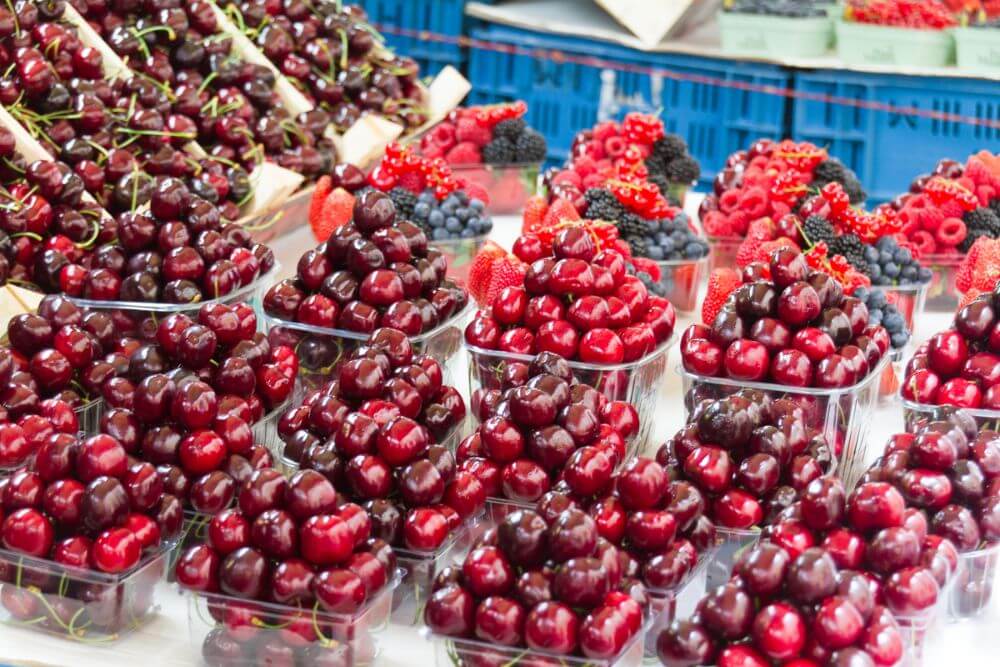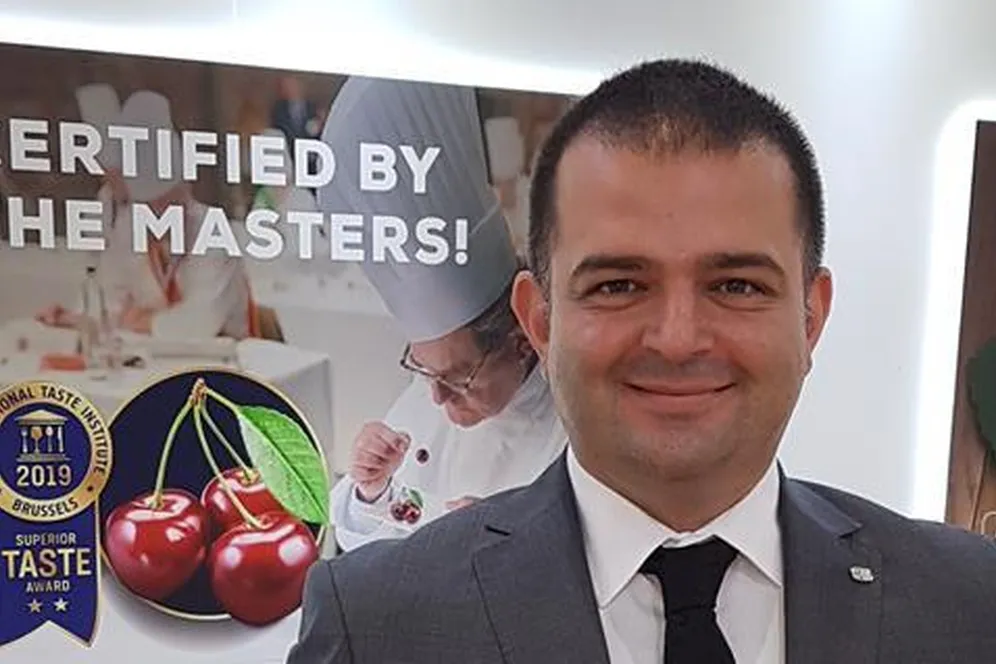Major transformations await the agricultural sector in Moldova. This is due to a number of concomitant factors such as the nearby war, the sector's increasing vulnerability to climate change, population migration, and, in general, the precarious economic and geopolitical situation.
Considering that agriculture is one of the foundations of the national economy, it is crucial to invest resources in modernisation paths aimed at safeguarding the sector itself. Investments in new agricultural enterprises must be well planned and accompanied by measures to mitigate the impact of climate risks, as plant crops are much more susceptible to climate change than the livestock sector.
This process includes modernisation of the management process, more efficient management of agricultural land, financial resources, more detailed analysis and inclusion in logistical networks.
All these initiatives aim to address the pressures imposed by economic changes and the need to participate in the agri-food value chain, both nationally and internationally. In order to participate in the value chain of the agri-food sector, it is essential to focus on the consumers, whose choices contribute to market orientation.
Fruit and vegetable growing is a strategic and crucial direction for the growth of the agricultural sector, especially when considering the establishment of orchards and vineyards. One of the most important crops cultivated in Moldova is the sour cherry, which has significant potential for further development and modernisation of production.
The area, production and average yield per hectare of sour cherries have been gradually increasing in recent years, of which about 19% of the total production is exported. As a result, sour cherries are among the most valuable agricultural crops, mainly due to their universal nature, as they can be consumed in various forms, including fresh, dried or processed.
The aim of the work conducted by researchers from the Moldovan Academy of Economic Studies is to conduct an analysis of sour cherry production in Moldova, including the current status, development trends and international competitiveness of the product in the global market.
The research methods chosen and applied for the article were analytical, descriptive and comparative methods, as well as the revealed comparative advantage indicator. The application of all these methodologies enables the development of sectoral recommendations and a step-by-step analysis. The main findings and conclusions of this study therefore encompass the entire sour cherry chain.
First of all, the growing interest of farmers in this crop is evidenced by the expansion of new sour cherry plantations on farms. Both the modernisation of orchards and the selection of new varieties have a positive impact on minimising climatic risks and increasing the average yield per hectare.
This effect is already evident in the analysed period (2016-2021). Agricultural entities with refrigeration and storage facilities and access to them are further advantaged in the post-harvest period. This is due to the fact that they are able to negotiate a more favourable price and are not obliged to market their production in the open field immediately after harvest.
The small number of external partners in the export of the specified product is a significant risk factor, which increases the likelihood of being adversely affected by geopolitical connotations. Despite the weaknesses and risks of this sector, sour cherry production in Moldova still holds many opportunities and strengths.
Source: CEBAN, Alexandru, LUCASENCO, Eugenia. Development of sour cherry production in the Republic of Moldova. In: Economic growth in the conditions of globalization: conference proceedings: International Scientific-Practical Conference, XVIIth edition, october 12-13, 2023, Chisinau. Chisinau: SEP ASEM, 2023, vol. I, pp. 333-341. ISBN 978-9975-167-20-8 (PDF). https://doi.org/10.36004/nier.cecg.II.2023.17.23.
Image: East Fruit
Melissa Venturi
University of Bologna (IT)
Cherry Times - All rights reserved










